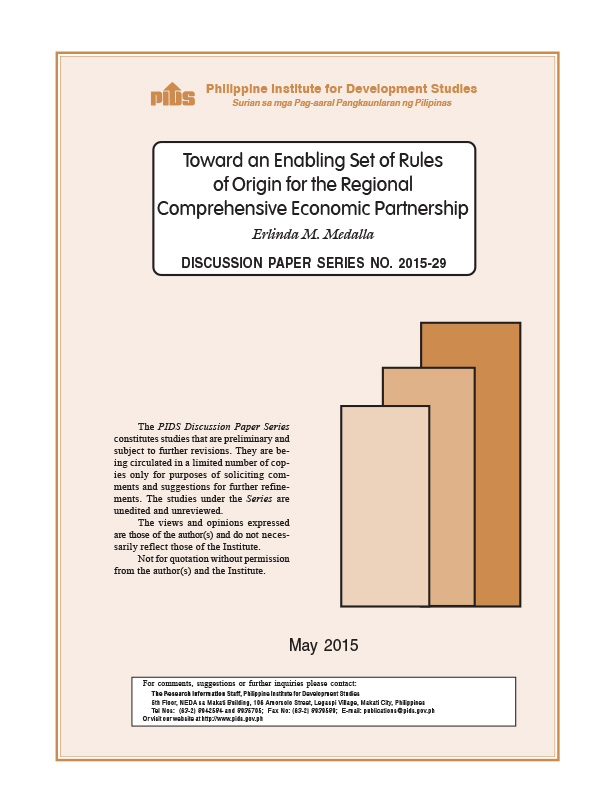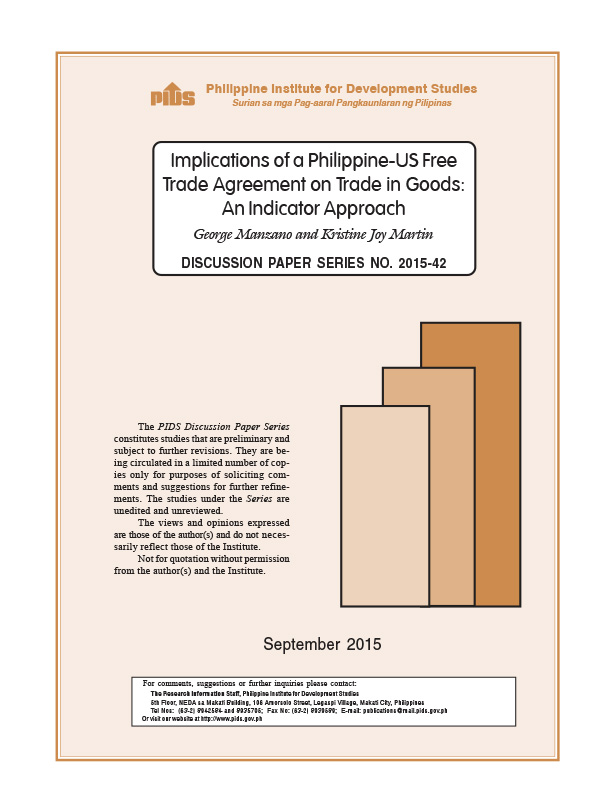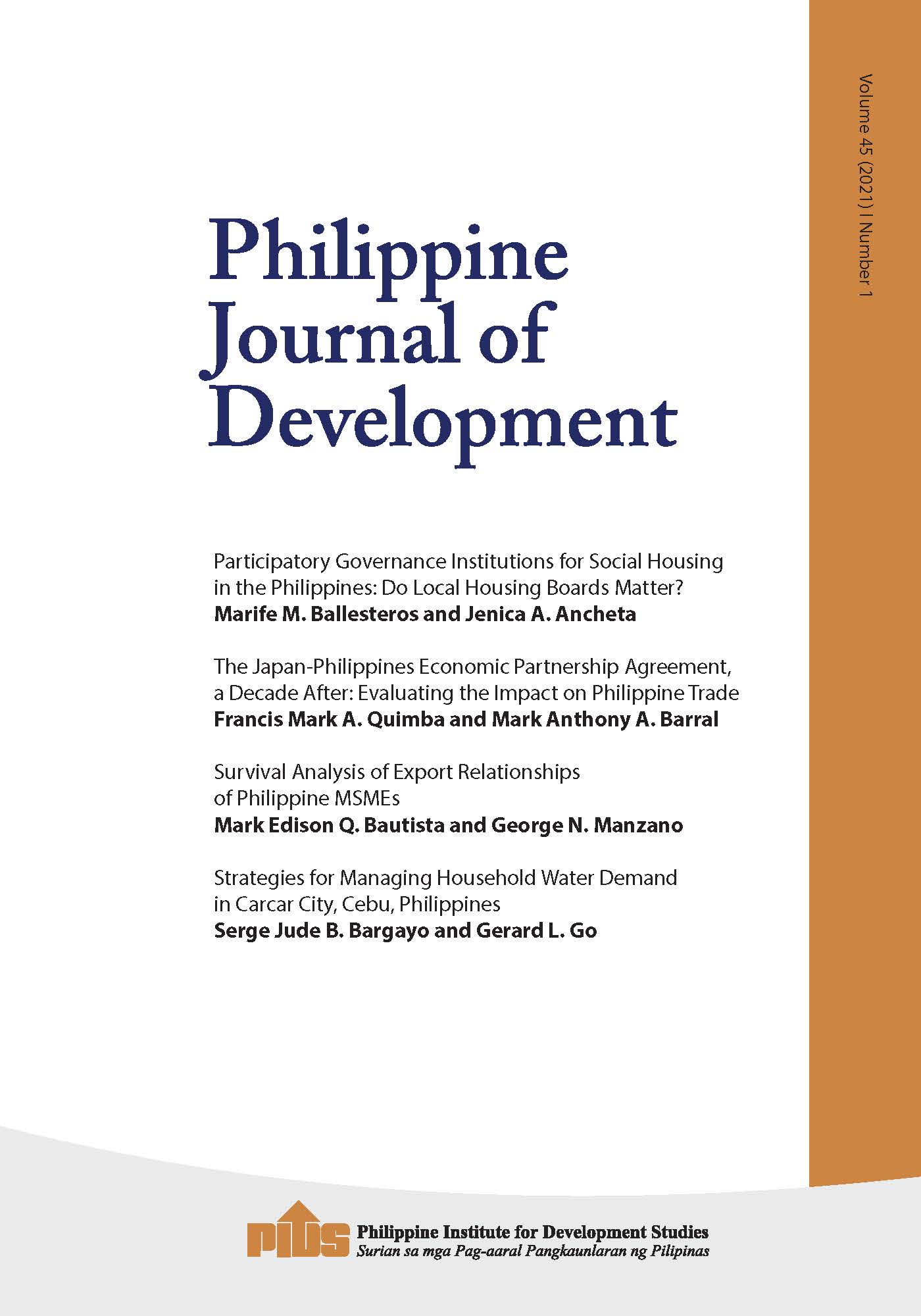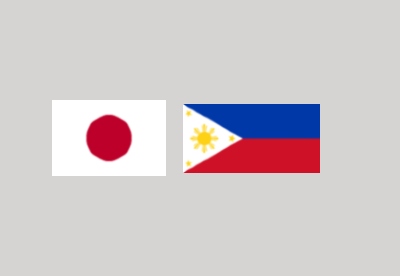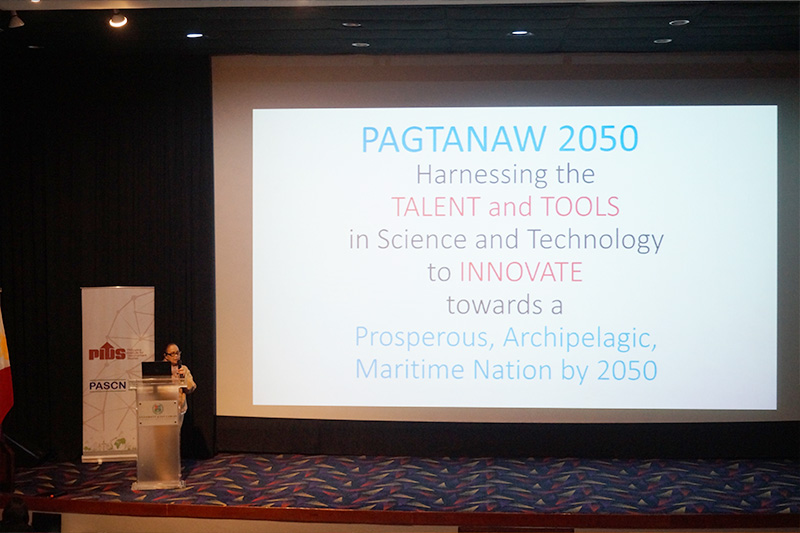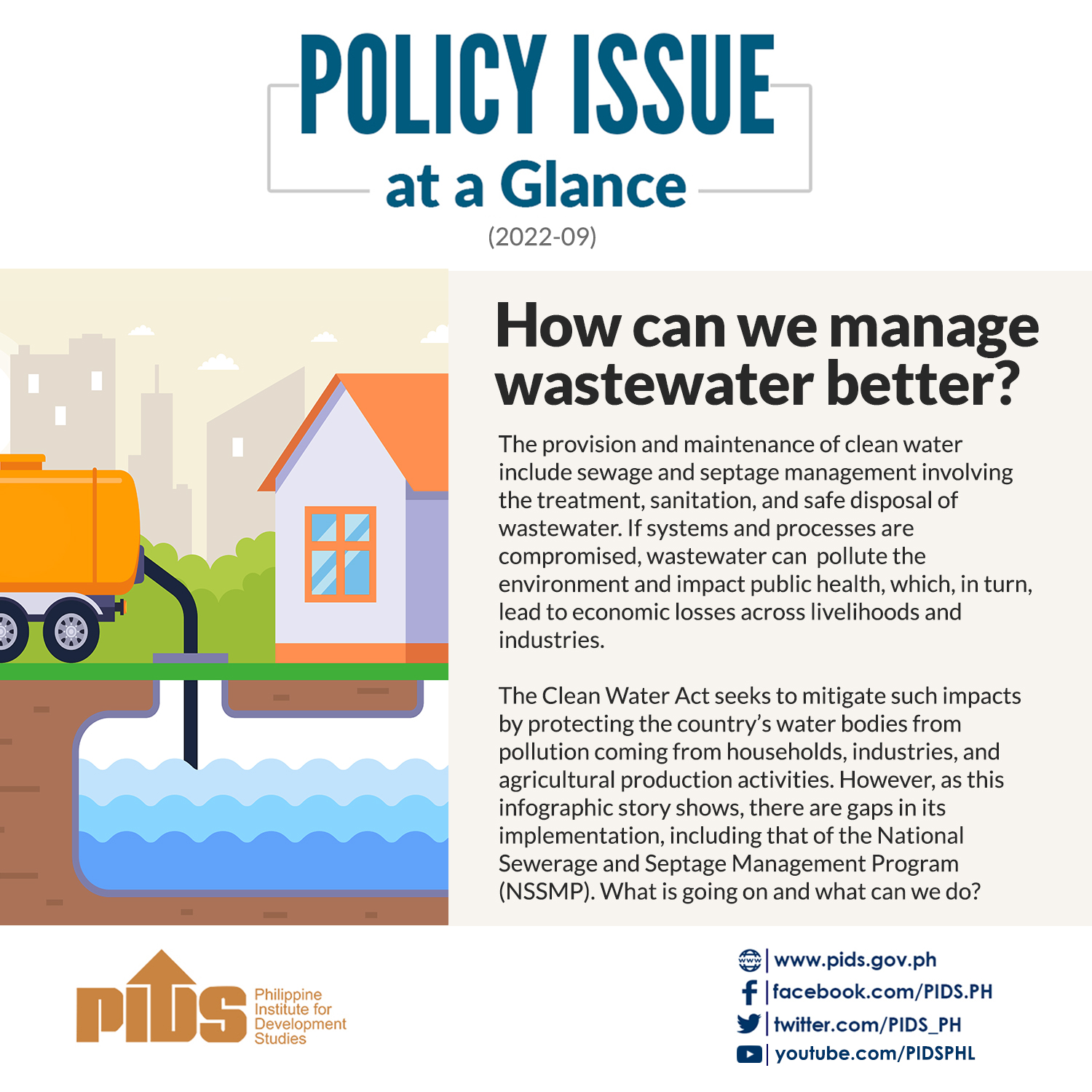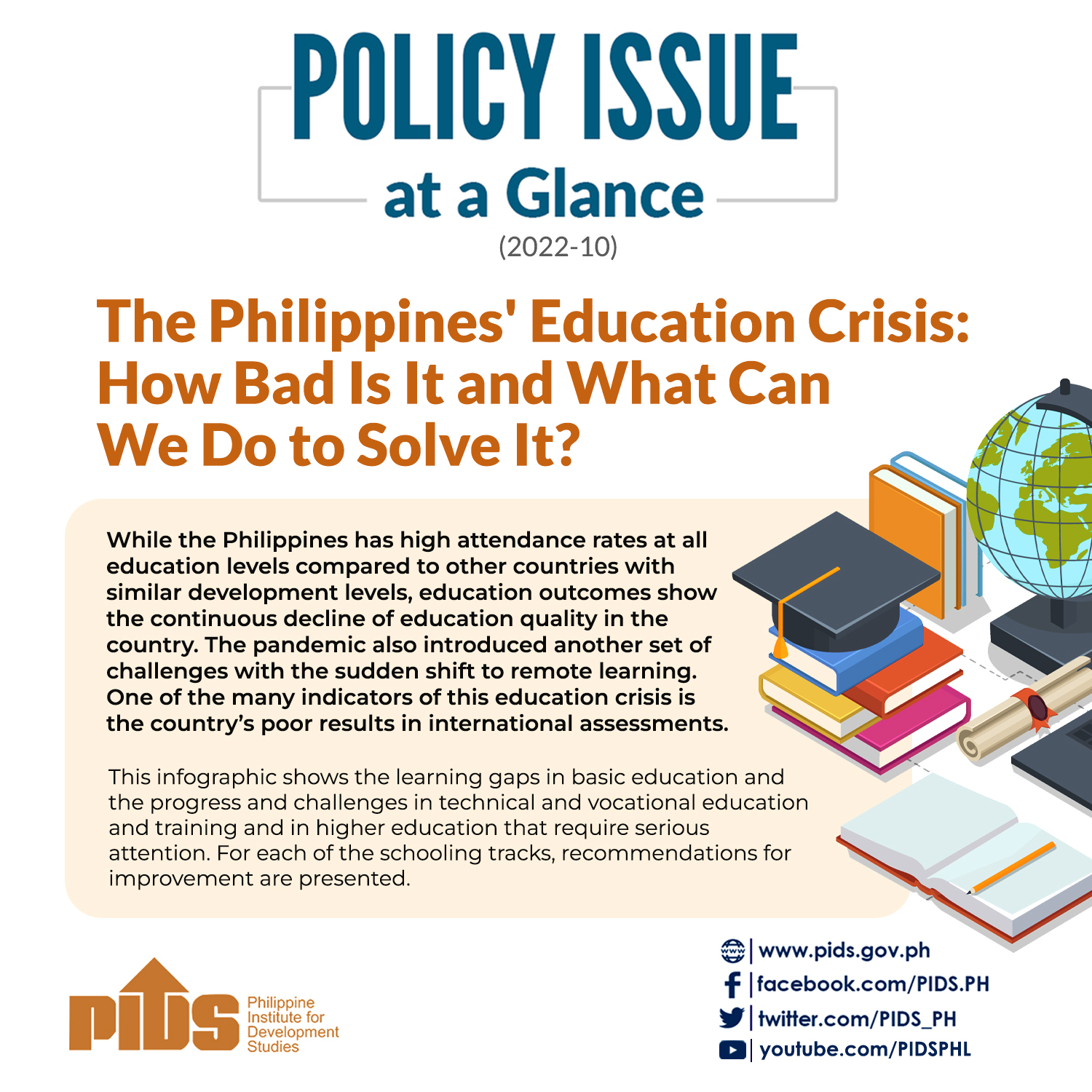The focus of the Bureau of Customs should be on trade facilitation and the modernization of customs administration, instead of its revenue collection performance. A discussion paper published by the Philippine Institute for Development Studies titled "Customs Brokerage Services and Trade Facilitation: A Review of Regulatory Coherence” said that there is no doubt that the BOC should prioritize the modernization of customs administration in the country. However, the report, authored by PIDS President Gilberto Llanto, PIDS Senior Research Fellow Adoracion Navarro, and research assistants Keith Detros and Ma. Kristina Ortiz, said that the agency can be side-tracked by the criticisms it is receiving, such as its failure to meet its revenue collection targets. The Department of Finance earlier reported that the revenues collected by the Bureau of Customs for January to September amounted to P224.45 billion, 10.4 percent short of the target set by the Development Budget Coordination Committee for the said period. For the full-year, the BOC is tasked to collect P340 billion. Customs Commissioner Rufino Biazon however said that the agency’s growth momentum "looks promising.” "From preliminary reports, we are poised to hit our internal revenue collection milestone of P300 billion in October. We will be within striking distance of the collection target set by the DBCC,” Biazon said. The study said that while the BOC likes to draw attention to the regime of low or near-zero tariffs in explaining its revenue collection performance, the primary indicator used to measure the BOC’s performance is its collection effort. Biazon earlier said that the country’s compliance with free trade agreements (FTAs) has resulted to foregone revenues of about P60 billion in 2012. He added that if it weren’t for the Philippines’ participation in different FTAs, the Bureau of Customs could have exceeded its target last year. The Philippines is part of several FTAs, such as the ASEAN FTA; the Japan-Philippines Economic Partnership Agreement; ASEAN-Australia-New Zealand FTA; ASEAN-China FTA; ASEAN-India FTA; ASEAN-Japan Economic Partnership Agreement; and the ASEAN-Korea FTA. "The BOC and oversight agencies need to consider that the role of the BOC is evolving under a globalized and liberalized trading environment especially in view of the ASEAN Economic Community where tariff walls will be archaic and a thing of the past,” the PIDS report said.

